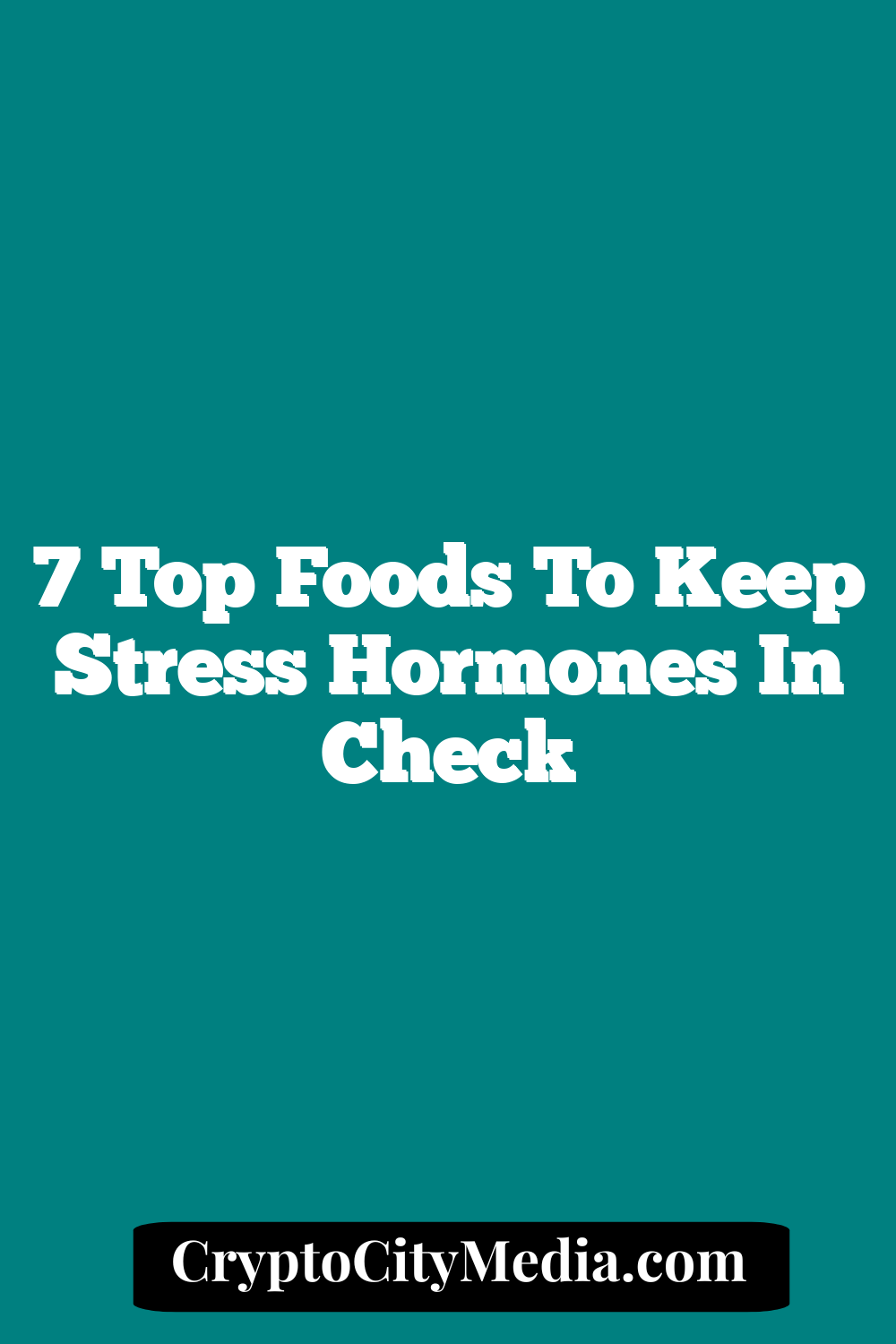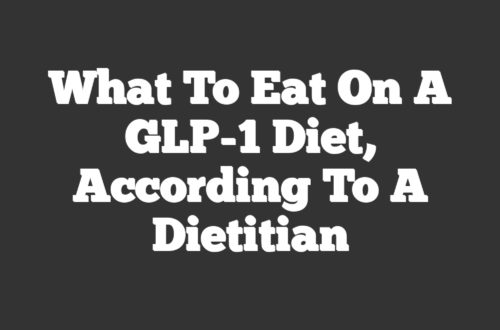
Can Some Foods Help to Reduce Your Cortisol Levels?
In today’s fast-paced world, stress has become an unavoidable aspect of daily life, taking its toll on our mental and physical well-being. The hormone cortisol, often referred to as the “stress hormone,” plays a pivotal role in our body’s response to stress. However, when stress becomes chronic, it can lead to elevated cortisol levels, which are linked to various health issues, including weight gain. Despite these challenges, we have the power to influence our cortisol levels through mindful food choices. We will explore the intricate connection between diet and cortisol levels, shedding light on seven nourishing foods that aid in cortisol management.
7 Best Foods to Reduce Cortisol Levels
1. Balanced Macronutrients:
A cortisol-conscious diet places emphasis on achieving a balance of macronutrients – proteins, fats, and carbohydrates. Proteins, comprising amino acids, are fundamental for hormone synthesis, including cortisol. Opting for lean protein sources such as poultry, fish, tofu, legumes, and low-fat dairy products supports cortisol regulation. Meanwhile, healthy fats from avocados, nuts, seeds, and olive oil play a crucial role in hormonal balance. Complex carbohydrates derived from whole grains, fruits, and vegetables provide sustained energy and help stabilize blood sugar levels, preventing cortisol spikes associated with sugar crashes.
2. Omega-3 Fatty Acids:
Omega-3 fatty acids are renowned for their anti-inflammatory properties and their ability to support overall health, including stress management. Cold-water fatty fish like salmon, mackerel, and sardines serve as excellent sources of these beneficial fats. For individuals adhering to a plant-based diet, incorporating foods such as flaxseeds, chia seeds, walnuts, and hemp seeds can supply a rich source of omega-3s. These fatty acids play a pivotal role in modulating cortisol levels and fostering a balanced stress response.
3. Magnesium-Rich Foods:
Magnesium, a mineral involved in numerous physiological processes, including the regulation of cortisol and muscle relaxation, is vital for maintaining optimal health. Green leafy vegetables like spinach and kale stand out as excellent sources of magnesium, alongside nuts such as almonds and cashews, seeds like pumpkin seeds and sunflower seeds, legumes, whole grains, and even dark chocolate. Ensuring an adequate intake of magnesium through diet supports optimal cortisol levels and promotes a sense of calmness and relaxation.
4. Vitamin C:
Vitamin C acts as a potent antioxidant and plays a pivotal role in supporting the function of the adrenal glands, which produce cortisol. While citrus fruits like oranges and grapefruits are well-known sources of vitamin C, other foods rich in this essential nutrient include berries such as strawberries and blueberries, kiwi, bell peppers, broccoli, and tomatoes. Incorporating vitamin C-rich foods into your diet can combat oxidative stress and support the body’s stress response.
5. Probiotic-Rich Foods:
The emerging understanding of the gut-brain connection highlights the significance of the gut microbiome in stress management. Probiotic-rich foods such as yogurt, kefir, sauerkraut, kimchi, miso, and kombucha contain beneficial bacteria that support a healthy gut microbiome. By including these foods in your diet, you can maintain gut health, potentially leading to lower cortisol levels and enhanced resilience to stress.
6. Green Tea:
Green tea contains L-theanine, an amino acid known for its calming effects on the brain. Additionally, it is rich in polyphenols, possessing antioxidant properties. These compounds synergistically promote relaxation and may help reduce cortisol levels. Incorporating green tea into your daily routine can serve as a soothing ritual to support stress management.
7. Dark Chocolate:
Dark chocolate, especially varieties with a high cocoa content (70% or higher), contains flavonoids offering various health benefits, including stress reduction. Consuming moderate amounts of dark chocolate can help lower cortisol levels and promote relaxation. However, moderation is key, as excessive consumption can negate its benefits and lead to other health issues.
Conclusion:
Incorporating cortisol-friendly foods into your diet can significantly contribute to a balanced stress response and mitigate the effects of elevated cortisol levels on your health. While dietary changes alone may not eliminate stress entirely, they can complement other lifestyle strategies such as regular exercise, adequate sleep, and stress management techniques. It’s crucial to adopt a holistic approach to health and wellness, prioritizing self-care and seeking guidance from healthcare professionals or registered dietitians for personalized advice on managing stress through nutrition. With mindful eating habits and a focus on cortisol-conscious foods, you can nourish your body and mind to thrive in today’s fast-paced world.




